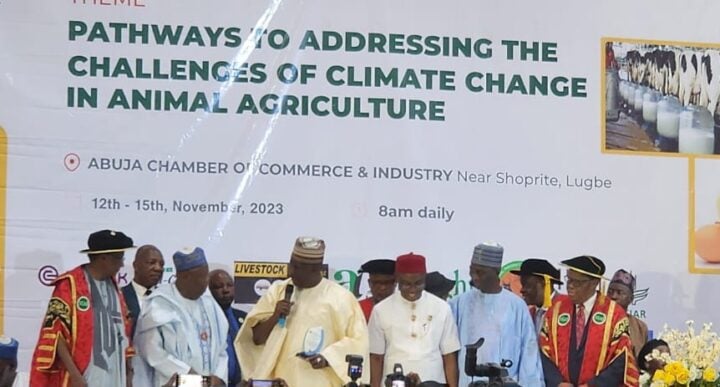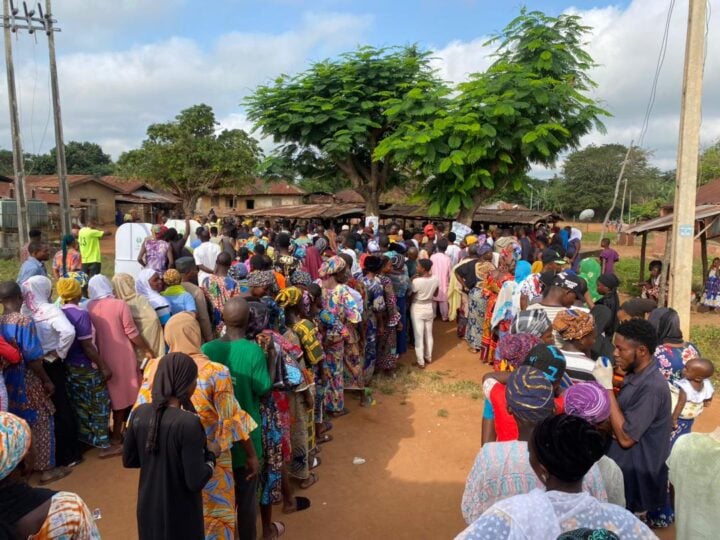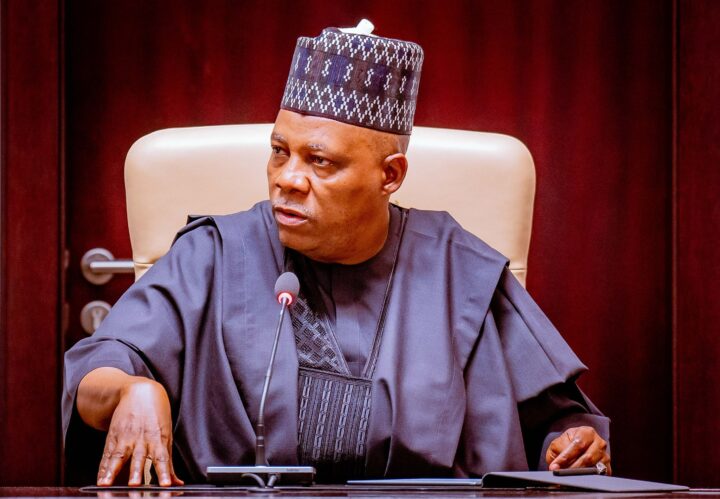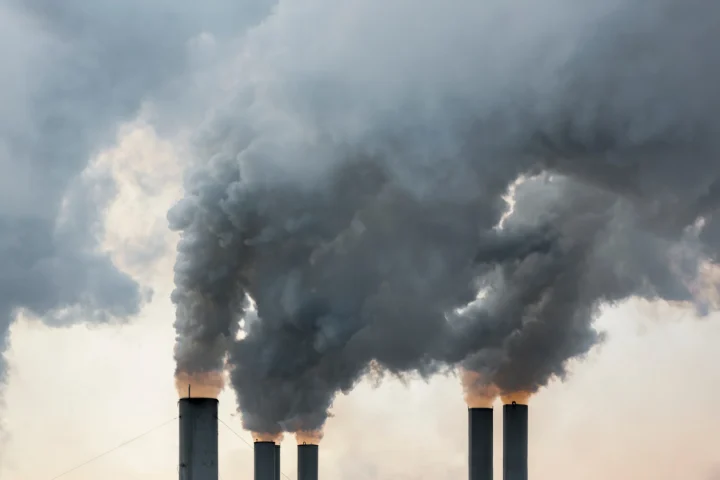Aliyu Abdullahi, minister of state for agriculture and food security, says climate change is posing a great threat to the nation’s food security.
The minister spoke on Tuesday during the joint annual meeting and conference of the Animal Science Association of Nigeria (ASAN) and the Nigerian Institute of Animal Science (NIAS) held in Abuja.
He said the country is hounded by desert encroachment in the north rising tide of coastal flooding and erosion in the south.
Abdullahi said the country must raise its level of preparedness by putting in place policies and strategies that support climate-smart agriculture.
Advertisement
He added that for Nigerians to have access to balanced and wholesome diet, the livestock sub-sector of the economy must be made viable to provide affordable source of protein and create employment and earn foreign exchange for Nigeria.
“This is the essence of State of Emergency on Food Security as declared by the President and Commander-in-Chief of the Armed Forces of the Federal Republic of Nigeria, His Excellency, President Bola Ahmed Tinubu GCFR on 13th July 2023,” Abdullahi said.
He said the ministry of environment is “relying on the strong political will of Mr. President which recognizes the significance and strategic importance of the livestock sub-sector in Nigeria’s quest for sustainable economic development and has made it a priority sector in its economic development, plans and programmes”.
Advertisement
Also speaking at the event, Abdullahi Ganduje, national chairman of the All Progressives Congress (APC), said the federal government is “genuinely” concerned about the country’s food insecurity.
He added that the government is doing everything possible to ensure that all Nigerians have access to affordable and nutritious food on a sustainable basis.
“The Nigerian livestock sub-sector is very vital to the socioeconomic development of the country, and it represents an important source of high-quality animal protein, contributing 36.5 per cent of the total protein intake of Nigerians,” Ganduje said.
“It also generates employment, income, and earns foreign exchange for the country.
Advertisement
“The livestock sub sector in 2022 was estimated to contribute about 17 per cent of the agricultural Gross Domestic Product (GDP) and 5.0 per cent of the national GDP.
“Globally, around 500 million pastoralists rely on livestock herding for food, income, and as a store of wealth, collateral or safety net in times of need.
“Locally, livestock production systems have the potential to contribute to the preservation of biodiversity and to carbon sequestration in soils and biomass.”
Advertisement
Add a comment






